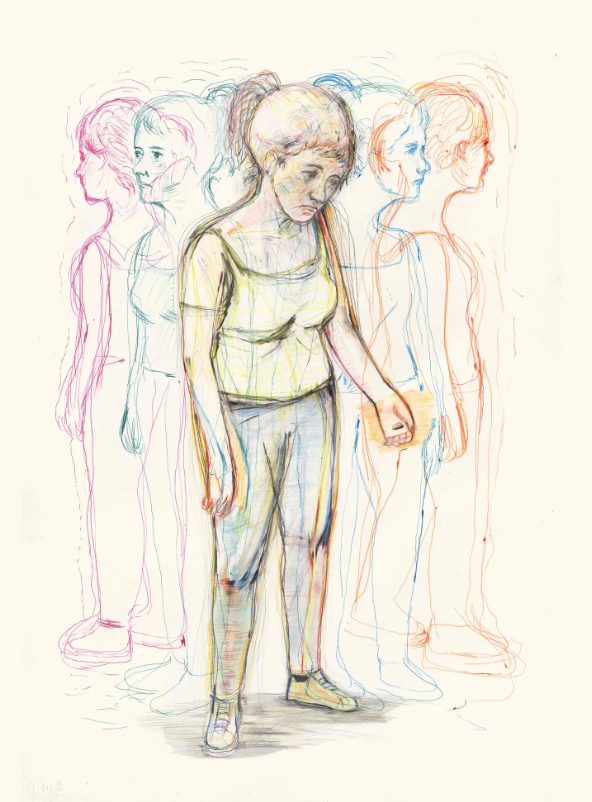The United States is facing an “epidemic” of loneliness, and doctors, scientists and clinicians are searching for a solution.
From the New York Times: Stephanie Cacioppo thought she would be single forever. “I was an only child,” says Dr. Cacioppo. “I always thought that was my fate to be alone.”
Despite that, Dr. Cacioppo, a behavioral neuroscientist, dedicated herself to studying the science of romance. In 2011, when least expecting it, she met the love of her life. His name was John Cacioppo, a twice-divorced neuroscientist and one of the world’s leading researchers on loneliness.
After they married, in a joyfully spontaneous ceremony in Paris, they were hardly ever apart and even conducted research together at the University of Chicago. They were known among their academic peers by complementary monikers: She was Dr. Love; he was Dr. Loneliness. But in 2018, at age 66, he died, very likely from complications of salivary gland cancer. She was only 43. “They not only shared the same office (the sign on the door said ‘The Cacioppos’),” his New York Times obituary read, “but also the same desk.”
In the wake of her husband’s death, she experienced a crushing loneliness. So she decided to apply the couple’s research to her life while using herself as a case study for further research into solutions. She reached out to friends, ran six miles a day and picked up doubles tennis, all of which she chronicled in her 2022 memoir, “Wired for Love.” It’s an effort that Dr. Cacioppo, now an adjunct assistant professor of behavioral neuroscience at the University of Oregon, is still undertaking, with the goal of studying how to prevent loneliness and restore strong connections.
More than one-fifth of Americans over 18 say they often or always feel lonely or socially isolated. Among older adults, social isolation has been linked to various adverse physical and psychological effects, including increased risk of dementia and heart disease. “Addressing the crisis of loneliness and isolation is one of our generation’s greatest challenges,” wrote Surgeon General Vivek Murthy in The Times in April, discussing a national framework for rebuilding social connection to combat what he called an “epidemic” of loneliness. If loneliness is an epidemic, how do you treat it? Given its myriad health consequences, some experts argue it’s time to consider new remedies. This calls to mind a trip to the pharmacy to pick up a bottle of pills, but treating loneliness the same way doctors treat high cholesterol isn’t exactly the idea here. As a growing body of research indicates, loneliness is a biological phenomenon with far-reaching consequences. Neuroscientists have found that brain signals that should trigger someone to seek social connection are the same ones that, under different circumstances, can turn people defensive and vigilant — more apt to hunker down instead of reach out. Under this rubric, loneliness isn’t simply a symptom of societal failure to foster deep relationships but rather a wariness that takes root, steadily snowballs and reshapes the brain. Loneliness may be a communal problem, but healing begins with the individual.
CLICK HERE to read more.


